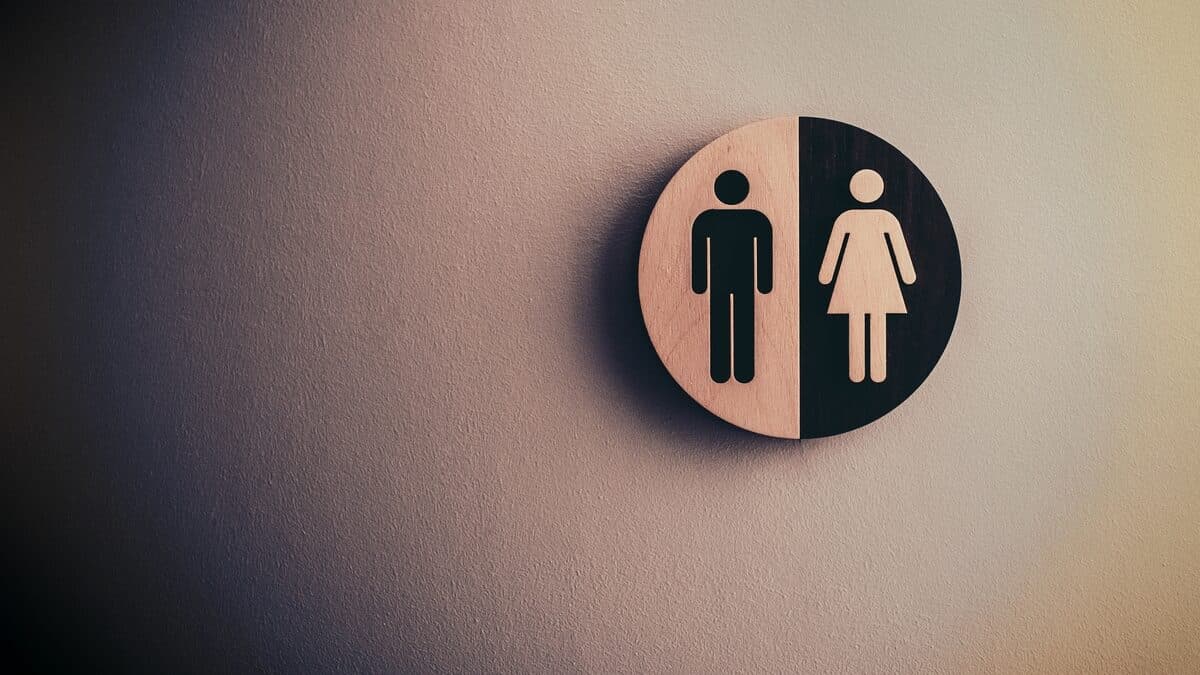A study finds that nearly half (48%) of male white-collar workers in senior and middle management are tired of the concept of gender equality, and more than half believe that reverse discrimination occurs.
The study by The Dream Collective, is a quantitative survey of 1,000 Australian males in white-collar jobs, seeks to capture attitudes, behaviours, and feedback about gender equality and diversity, equity and inclusion (DE&I) initiatives.
Forty five cent say that men and women are already treated equally and that if women fall behind, men aren’t to blame, but it could occasionally be down to women’s ambition or motivation. According to the data, 30 per cent believe gender equality is not really their responsibility.
Sarah Liu, Founder and Managing Director of The Dream Collective, believes that rather than viewing this negatively, the larger picture should be considered. She says it’s not about using the findings to exclude men, but to work with them so everyone benefits.
“When you’re so used to your privilege, equality may feel like discrimination because when you’re driving in the fast lane, any adjustment feels like a loss.
“We need the voices of men to move the dial and if we build a more equitable and inclusive society, everyone benefits,” continues Ms Liu.
“To reject and refuse isn’t the answer here. If men are feeling that reverse discrimination is at play and that men and women are already treated equally, that doesn’t mean we mock and exclude.’
She says knowing, understanding and using these insights is critical for gender equality progress and that gender fatigue and reverse discrimination do not necessarily indicate a halt in progress.
“The key is to encourage honest conversation and sentiment around this topic so men don’t feel they’re ill-informed, uninformed or sexists if they ask certain questions,” she adds.
She also insists that collective inclusion is the answer rather than dismissing them altogether. “We need to engage, bring them in. It’s about acknowledging and encouraging open and honest dialogue. It’s not an option, men will make the biggest difference.”
Other key findings
The report also found that 12 per cent of Australian men say they would volunteer to ‘lead the charge’ to champion gender equality and diversity, equity and inclusion training, while 37 per cent would either lead or pioneer these initiatives. 57 per cent of men report that the time required for training and discussion deters them greatly or at least slightly.
The drive behind everything The Dream Collective does is to see more women in leadership and Ms Liu believes that in order to truly move the dial and construct a more equal and inclusive society, voices of men can play a key role.
“We need to encourage open dialogue and sentiment on this topic so that men don’t feel like they’re being ill-informed, uninformed, or sexist if they ask certain questions.
“For example, 48 per cent of men feel significant fatigue with gender equality and 52 per cent believe things have got to the point where reverse discrimination is occurring, but on the flipside the majority of men don’t feel that their experience working in their profession or industry has changed significantly in the past two years,” Ms Liu adds.
When it comes to participating in workplace gender equality training, the strongest motivators taking part have an altruistic theme, placing the benefit of others first –personally believing it’s the ‘right thing to do’, and being their way of supporting their female colleagues.’
Those in top management roles are more likely to be motivated to engage in gender equality training by mutually-oriented goals; especially the development of their team, improved business performance, improved products/services, and corporate image.
Willingness to engage
According to the research, while there is a high level of awareness and willingness to participate in gender equality programmes, it is not motivated by personal convictions.
Meanwhile 61% of men said that while they make great efforts to reach targets for women’s career advancement, they do so mostly out of obligation rather than strong personal beliefs.
When colleagues make gender stereotypes or incorrect statements on gender equality, 66 per cent of workers feel that these occurrences have a negative impact on the workplace because they normalise discrimination.
While 70 per cent of men say they would feel safe speaking up about such behaviour, they are most comfortable discussing it with another colleague and least comfortable discussing it with human resources.
Workers in administration and information technology (IT)/telecommunications are more likely to be resistant to gender equality initiatives in Australia, while those in agriculture and manufacturing industries tend to stand out as being more likely to be disengaged.
Wholesale and utilities workers are more willing to be allies, while the construction and mining sectors are divided between being allies and being disengaged. Those in the arts, as well as accommodation, education and health care industries, report needing more empowerment to increase their influence on others.
Keep up to date with our stories on LinkedIn, Twitter, Facebook and Instagram.

